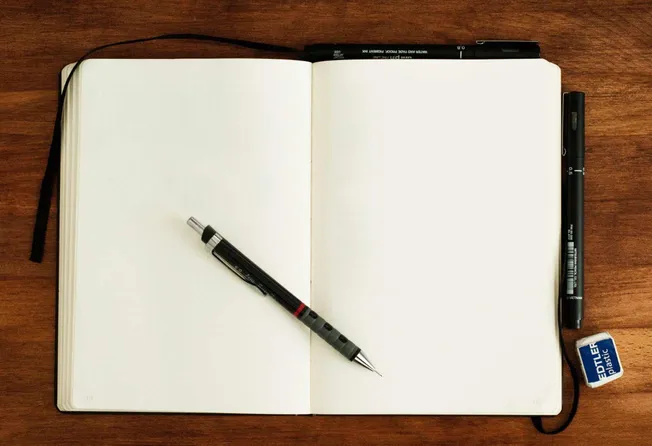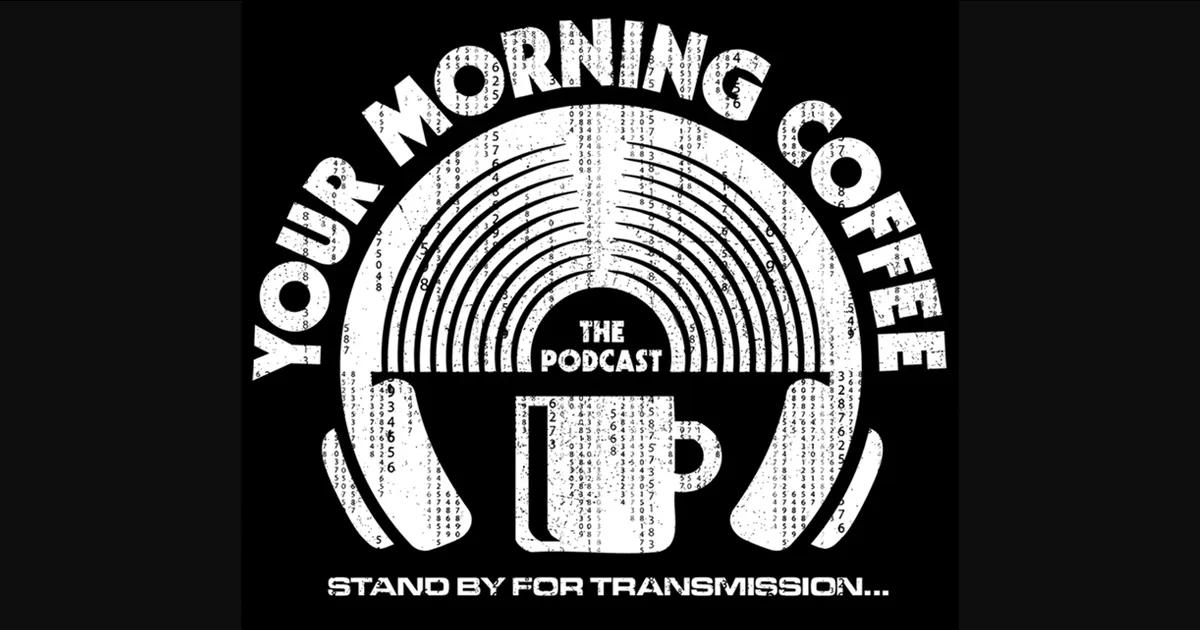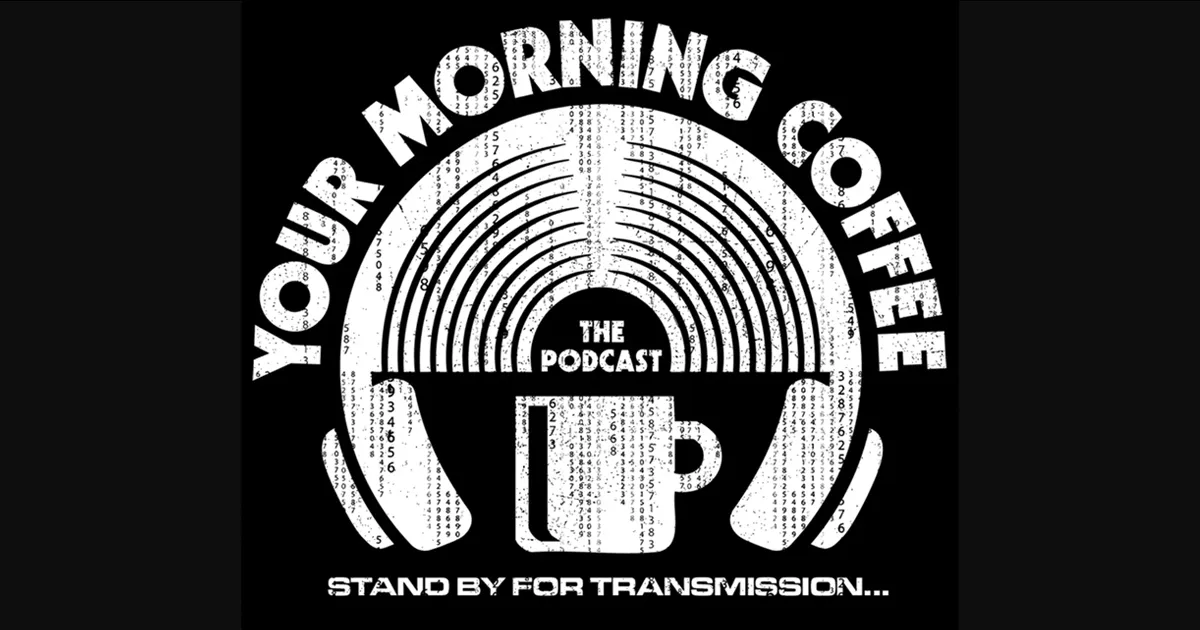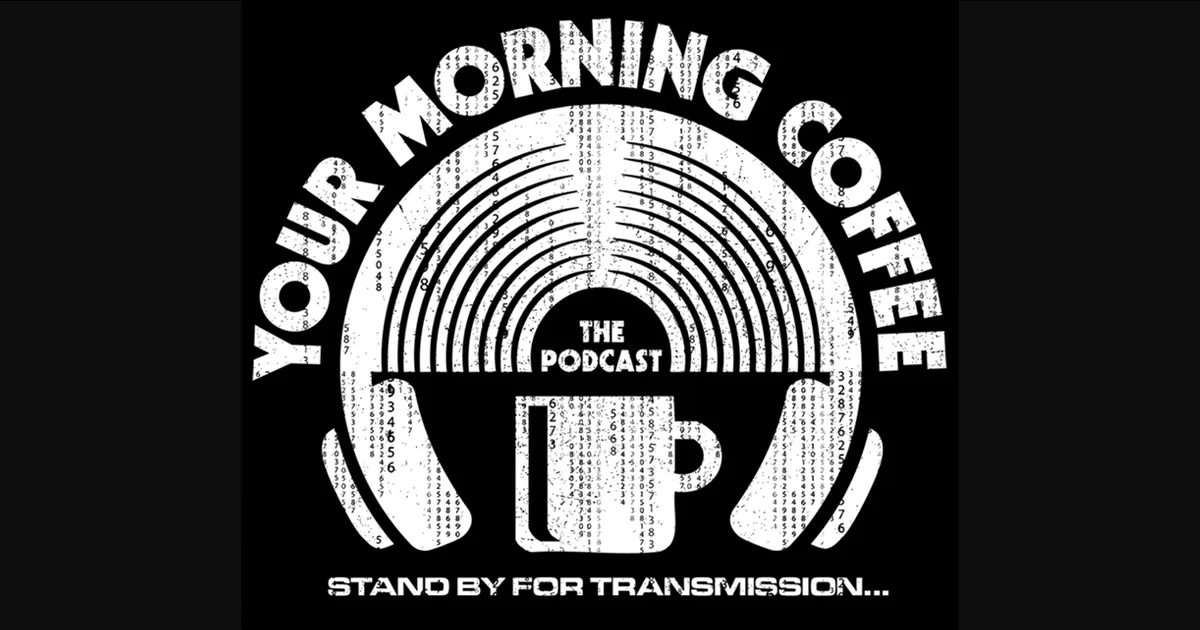In this fifth and final segment of the Lost Art of Listening, The Song Sommelier share their music manifesto for discovering and experiencing recorded music.
Guest post by The Song Sommelier of dlmdd
I was inspired to write something about modern day music listening and how the streaming era has changed it for good. But others have already written it better. Rachel Ament’s recent piece in the Paris Review ‘How To Really Listen To Music’ (not anything as preachy as the title suggests) was a first rate digest on the scholarly works of others, that have focused on how to broaden the mind to new genres, and focus on specific aspects of the music (rhythm, lyrics, melody). It’s an excellent summary that will make you think about what a pleasure music is, if only we’d stop for a moment to really enjoy it.
I’ve also been working my way through Dave Hepworth’s books — but in particular A Fabulous Creation, which is a thrilling journey through the L.P.s golden years — beginning with The Beatles Sgt. Pepper and ‘ending’ with Thriller. But the book is steeped in wisdom and appreciation of just how cultural trends shift — nudged or rammed by changes in product technology that can unlock latent demand and give us new ways to consume. In the case of the L.P. the technology enabled consumers to identify with the artist as creators of true bodies of work. What had gone before was all about the single song.
In the music industry, there is a lot of rumination on streaming’s disruptive effects, yet In so many ways, streaming has done little but bring us full circle.
The song is once again all dominant
— as it was in the years before Columbia Records first created the L.P. in 1948. What streaming has done, is scaled the volume of recordings into infinity. With access to everything we are both spoiled and punch drunk. That’s the challenge for artists and those that work with them and on their behalf. In all the abundance, how can my work really matter? And for us fans, who can we really get behind?
Don’t get me wrong, this is the best time to be a music fan in many, many ways. Yet, almost everyone I speak with about this has some issues with their current relationship with music. Some feel they are not discovering enough that’s new, even in these days of personalised algorithmic recommendations. Others feel like they are missing out on the familiarity needed to deeply enjoy music, which after all requires repetition as a critical part of the process. Mostly, we want context and we want connection — we need the reason to listen.
These are both good and bad times for music — a pivotal point in its history, no less. There is borderless entry into the music industry for artists. Unprecedented access to all music for listeners. Money back in the bank for labels and publishers. Huge valuations for music distributors. But contrast that with low remuneration for the vast majority of artists. Disproportionately so for songwriters. A crisis for music journalism. A crisis of mental health for musicians even in the highest echelons. At best a contradictory, at worst dysfunctional, ecosystem. There is a looming crisis when it comes to music’s value. The COVID-19 outbreak this year has exposed this – abruptly halting the artists number one revenue source – live performance.
We think a manifesto is what’s needed for the music industry. That’s what music artists do when they create at their best – they work to a manifesto. Take Harry Styles. It seems to us he has a manifesto. Hatching from the world’s biggest ever boy band, he is meticulously crafting pop music inspired from a hay day when hits and albums mattered and music could appeal to every member of the household. When pop music actually popped. Angel Olsen has a manifesto. She is refashioning the role of the troubadour. Sam Fender has a manifesto. He is bringing back classic blue collar rock music, all the way from South Shields via New Jersey. Charli XCX has a manifesto. She is taking pop music back to the future (specifically 1999). The 1975 has a manifesto. They are tapping into the 80s when pop mashed up tunes with experiments, but packing the music into messages relevant to right now.
You get the idea. The most successful creatives work to a manifesto.
We think labels should have a manifesto. And streaming services. And radio stations. And music magazines. We think listeners should too. We each need our own way of dealing with the assault on our senses, the tyranny of choice and the endless variety, without defaulting to ‘1000 albums to hear before we die’ or ‘Songs To Sing In The Shower’. We’ll never get through them all anyhow! And besides, you should take cold showers!
So, we’ve written our own manifesto for The Song Sommelier. You can read it below. Not to be too grandstanding or anything like that. We base it on some modest principles: The laws of the universe, basically. All three of them.
Order. Exchange, and Place.
In terms of order, we want to explore music’s lineage better. We eschew the notion of new music vs. catalogue. Our playlists feature the apprentices — some of them prodigious, others just rookies with the potential to become great. And the masters — some still with us, some gone. Some retired and some experiencing yet another creative peak.
When it comes to exchange, we want to encourage a dialogue of equals between artists with legacy and those starting out in life. What can they learn from each other, and what can they generate that’s new and exciting from this dialogue. How should we, the fans interpret and enjoy it?
For a sense of place, we want to bring context. The stories behind the songs, albums and playlists from the point of view of the listener. And from the point of view of the creators, where do they see their own place? What is guitar music is today’s music landscape? Where did a scene come from, emerge, blossom and then fade — only to always be revived in some form? We want to bring out these stories to contextualise the music wherever possible. To quote Zane Lowe: “It’s not so much about when you listen but how you listen”.
OUR MANIFESTO IS THAT MUSIC IS LIKE FINE WINE. IT’S ALMOST ALWAYS BETTER WHEN DISCOVERED THROUGH PERSONAL RECOMMENDATION OR VIA A FASCINATING STORY WELL TOLD. WE MISS STARING AT THE COVER WHILE THE SONGS PLAY, AND READING ABOUT HOW THE MUSIC WAS MADE. SO, WE BRING IT ALL TOGETHER IN ONE PLACE UNDER OUR CURATION BRAND THE SONG SOMMELIER. ORIGINAL ARTWORK, PERSONAL SLEEVE NOTES BY THE CURATOR, AND PLAYLISTS THAT TAKE TIME, THOUGHT AND PASSION TO PUT TOGETHER (THOUGH NOT AS LONG AS IT TAKES THE ARTISTS TO MAKE THE SONGS!). OUR EVENTS AND PODCASTS WILL BRING NEW DIALOGUE TO THE TABLE. BUT IT WILL BE ALL ABOUT THE MUSIC. WE LEAVE THE ALGORITHMS TO THE ROBOTS AND FOCUS ON THE ART. WE JUST WANNA BRING VINYL VALUES TO PLAYLISTS.





